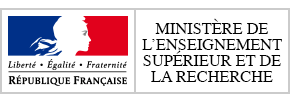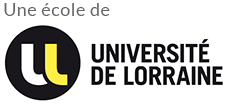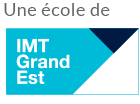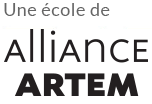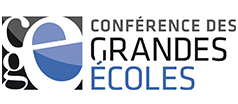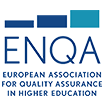Geoscience and Civil Engineering is one of the longest-established departments at Mines Nancy. Its scope encompasses roles involving civil engineering, land use planning, resource exploitation, environmental management and risk management.
The department relies on educational methods based on case studies and projects. The teaching aims, first of all, to develop the ability to observe, represent and interpret complex objects or structures related to the ground and the subsoil: tunnels, bridges, buildings, mines, quarries, linear transport infrastructure, etc. It then aims to develop the ability to model them with the goal of specifying their dimensions or predicting their behaviour. Finally, it examines the issue of assessing and managing the risks posed to human activities by the environment, or to the environment by human activities.
The knowledge base is constructed from lessons in geology for engineers, geotechnics, digital modelling, geophysics, hydrogeology and structural mechanics. In the final year, the department offers in-depth studies related to risk management in civil engineering and mining engineering.
Educational team
The teaching team includes five teacher-researchers from various initial educational backgrounds (earth sciences, civil engineering, general engineering training). They work hard every day to adjust the training to the needs of companies and current societal developments, and strive to create a studious but friendly atmosphere with students.
As well as the Geoscience and Civil Engineering course, the teaching and research staff are involved in two university Master’s courses (Master’s degree in Civil Engineering and Risks and Master’s degree in Mining Engineering and Risks) and a specialist Master’s delivered in conjunction with Mines Paris and the École Nationale Supérieure de Geologie. They also conduct their own research, supervise PhD students and work with the French and international scientific community (research projects, seminars, learned societies, etc.).
Professions for which the course prepares students
The Geoscience and Civil Engineering pathway prepares students for all occupations related to groundworks and the subsoil from the viewpoint of land use planning (civil engineering, guided transport, buildings, urban planning, etc.), resource exploitation (mines, quarries, fossil fuels, water, geothermal energy, etc.) and risk management (natural hazards, environmental and social impact studies, etc.).
The careers opened up by the department cover the entire spectrum of employers: design firms, mining and primary processing industries, construction companies, network or project managers, governments, local authorities, public and private research organisations, etc.
The roles available can range from technical subjects such as the design of works, to project management subjects that may involve the implementation of highly multidisciplinary approaches (economics, environmental sciences, social sciences, etc.).

